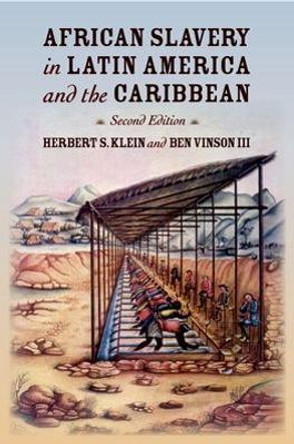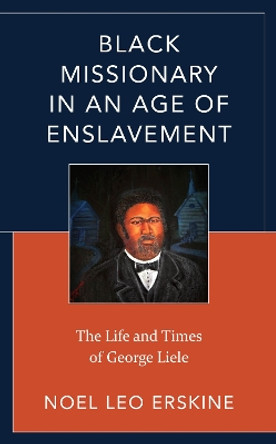In Plantation Church, Noel Leo Erskine investigates the history of the Black Church as it developed both in the United States and the Caribbean after the arrival of enslaved Africans. Typically, when people talk about the "Black Church" they are referring to African-American churches in the U.S., but in fact, the majority of African slaves were brought to the Caribbean. It was there, Erskine argues, that the Black religious experience was born. The massive Afro-Caribbean population was able to establish a form of Christianity that preserved African Gods and practices, but fused them with Christian teachings, resulting in religions such as Cuba's Santeria. Despite their common ancestry, the Black religious experience in the U.S. was markedly different because African Americans were a political and cultural minority. The Plantation Church became a place of solace and resistance that provided its members with a sense of kinship, not only to each other but also to their ancestral past. Despite their common origins, the Caribbean and African American Church are almost never studied together. This book investigates the parallel histories of these two strands of the Black Church, showing where their historical ties remain strong and where different circumstances have led them down unexpectedly divergent paths. The result will be a work that illuminates the histories, theologies, politics, and practices of both branches of the Black Church. This project presses beyond the nation state framework and raises intercultural and interregional questions with implications for gender, race and class. Noel Leo Erskine employs a comparative method that opens up the possibility of rethinking the language and grammar of how Black churches have been understood in the Americas and extends the notion of church beyond the United States. The forging of a Black Christianity from sources African and European, allows for an examination of the meaning of church when people of African descent are culturally and politically in the majority. Erskine also asks the pertinent question of what meaning the church holds when the converse is true: when African Americans are a cultural and political minority.
About the AuthorNoel Leo Erskine is Professor of Theology and Ethics at Candler School of Theology and the Laney Graduate School of Arts and Sciences at Emory University. He has been a visiting Professor in ten schools in six countries. His books include King Among the Thologians (1995), and From Garvey to Marley (2007).
Reviews... it is an indispensable addition to the acreage of texts detailing Black Church history ... Noel Leo Erskine has produced a major text of great import, which will continue to stir debate for many years to come. * Anthony G. Reddie, Black Theology: An International Journal *
This book is one of those rare scholarly corrections that offers profound wisdom for academic and popular audiences. Noel Erskine mounts compelling evidence that the black religious experience began in the Caribbean and not in the United States. How refreshing that he does so with fluid storytelling and a writing style that urges the reader to pursue each page with expectations of new knowledge. * Dwight N. Hopkins, co-editor of The Cambridge Companion to Black Theology *
A brilliantly provocative and unprecedented book, told with both intimately personal prose and comprehensive and convincing data, with insights that will radically change the way we have conceptualized Black Atlantic religious traditions. This is the book that we have been waiting for. It is truly a tour de force, a must read for all! * Kamari M. Clarke, Professor of Anthropology and International and Area Studies, Yale University *
Book InformationISBN 9780195369137
Author Noel Leo ErskineFormat Paperback
Page Count 240
Imprint Oxford University Press IncPublisher Oxford University Press Inc
Weight(grams) 349g
Dimensions(mm) 234mm * 157mm * 16mm





